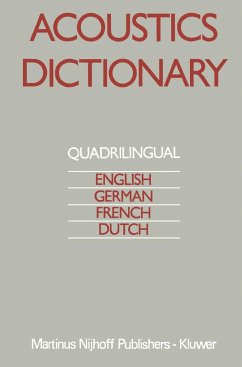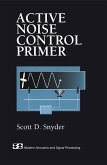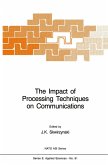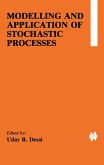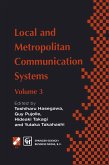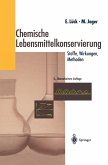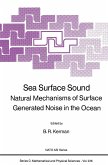Interest in acoustics continues to increase. Although this branch of science was concerned primarily with the promotion of qualitative and quantitative sound transmission until a few decades ago, emphasis is currently placed also on the limitation of sound nuisance and, by extension, the setting of boundaries for permissible sound levels in places \vhere people are found. This last aspect in particular is exercising more and more influence on the design of buildings and machines, and in town and country planning. In addition, sound vibrations, because of their physical characteristics, are being used increasingly in disparate disciplines such as navigation, medical investigation and non destructive materials research. The flood of publications resulting from this increased interest in acoustics has led to a growing number of people being confronted with terminology which had until quite re cently only been used by a relatively small group of specialists and had remained largely unknown as a result. This four language dictionary, based on 'W. Reichardt, Technische Akustik; Berlin 1979', has been compiled to make not only this literature but also the nomenclature of equipment and instructions for their use accessible to the specialist and the interested layman.
Hinweis: Dieser Artikel kann nur an eine deutsche Lieferadresse ausgeliefert werden.
Hinweis: Dieser Artikel kann nur an eine deutsche Lieferadresse ausgeliefert werden.

